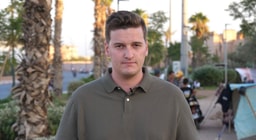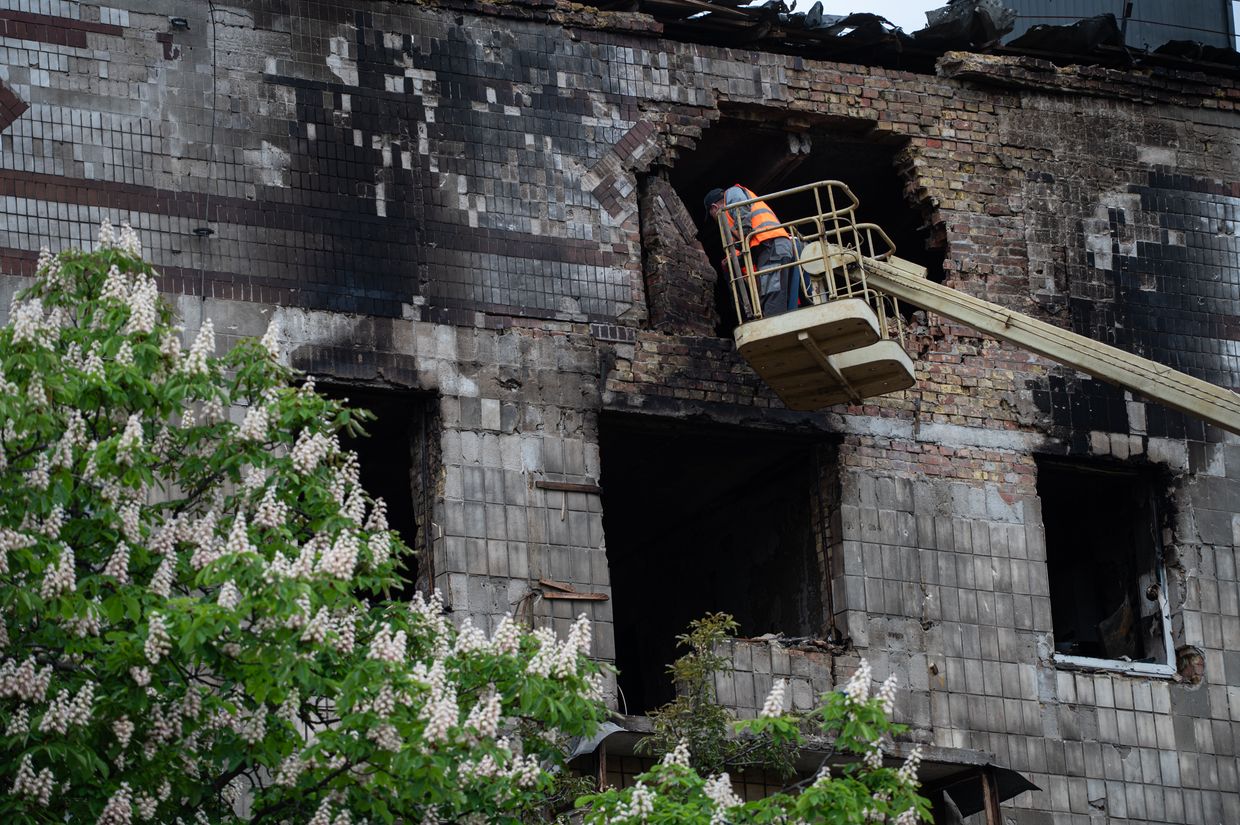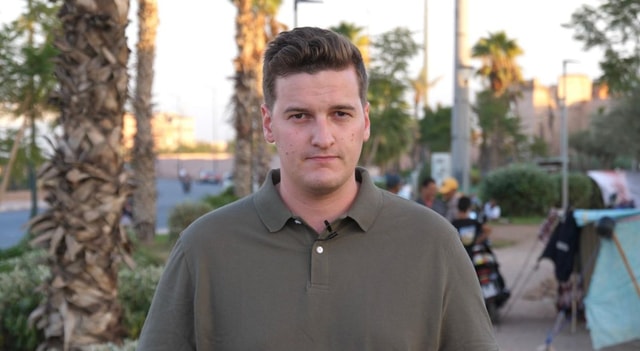After 3 years of full-scale war in Ukraine, Europe announces plan to ban all Russian gas imports

BRUSSELS — After years of reducing its reliance on Russian gas, the European Union is moving to turn off the taps completely within the next two years.
The European Commission (EC) on May 6 presented a detailed roadmap to fully sever the European Union’s energy dependence on Russia by 2027.
Energy Commissioner Dan Jorgensen struck a defiant tone when announcing the plan: "No more shall Euros go into (Russia’s) war chest. Your gas will be banned. Your shadow fleet will be stopped."
The plan has been described as the bloc’s most comprehensive effort yet to end imports of Russian gas, oil, and nuclear fuel, a dependency critics argue has long compromised EU sovereignty and funded the Kremlin’s war machine in Ukraine.
"Energy that comes to our continent should not pay for a war of aggression against Ukraine," EU Commission President Ursula Von der Leyen said on May 6, adding: "We owe this to our citizens, to our companies, and to our brave Ukrainian friends."
The EU’s reliance on Russian energy has dropped significantly since 2021, when Russian gas accounted for 45% of imports. That figure now stands at 19%, according to a statement from the EC.
Russian coal has already been banned and oil imports have fallen from 27% in early 2022 to just 3%. Yet, as the Commission admits, 2024 saw a modest rebound in Russian gas imports, prompting urgent calls for a coordinated phase-out.
The May 6 announcement lays out a phased plan to cut European money flowing into Kremlin coffers. All new contracts for Russian gas — both liquefied (LNG) and pipeline — will be prohibited, while spot market purchases will be terminated by the end of 2025.
Europe has already drastically reduced its reliance on Russian energy.
— Kaja Kallas (@kajakallas) May 6, 2025
Today, we unveiled our plan to end all Russian energy imports by 2027.
This will mark a permanent break.
Russia will no longer be able to use energy as a weapon against us.
The EU aims to halt all remaining gas imports from Russia by 2027. National governments, including Kremlin-friendly Hungary and Slovakia, will be required to submit individual phase-out plans by year’s end. This includes ending long-term contracts early, with the Commission deeming that Russia’s invasion creates force majeure conditions, allowing European companies to cut contracts early without consequence.
Beyond gas and oil, the roadmap targets Russia’s often-overlooked nuclear exports. Member states still reliant on Russian-designed VVER reactors will be pushed to secure alternative nuclear fuel sources. Brussels will also move to block new contracts involving Russian enriched uranium and bolster EU production of medical radioisotopes under a new "European Radioisotopes Valley Initiative."

Still, the plan hinges on a delicate balance. The EU must navigate the phase-out without triggering energy shortages or price shocks, particularly as European voters grow increasingly wary of rising living costs.
The Commission says expanded LNG capacity — expected to grow by 200 billion cubic meters by 2028 — combined with declining gas demand will ease the transition.
Analysts caution that some member states may drag their feet. Hungary, for instance, remains heavily reliant on Russian nuclear fuel and has resisted tougher energy sanctions in the past. Meanwhile, European industry still bears scars from the 2022 energy crisis, when the initial scramble to replace Russian supplies sent prices soaring.
While von der Leyen stressed that the roadmap is about "security, solidarity and sovereignty," for Ukraine and its supporters, it also marks a long-awaited reckoning.
For years, activists and Ukrainian officials have pleaded with Europe to stop financing Russian aggression through energy purchases.
The roadmap may not erase that history — but it signals that the EU, however belatedly, has begun to listen.












